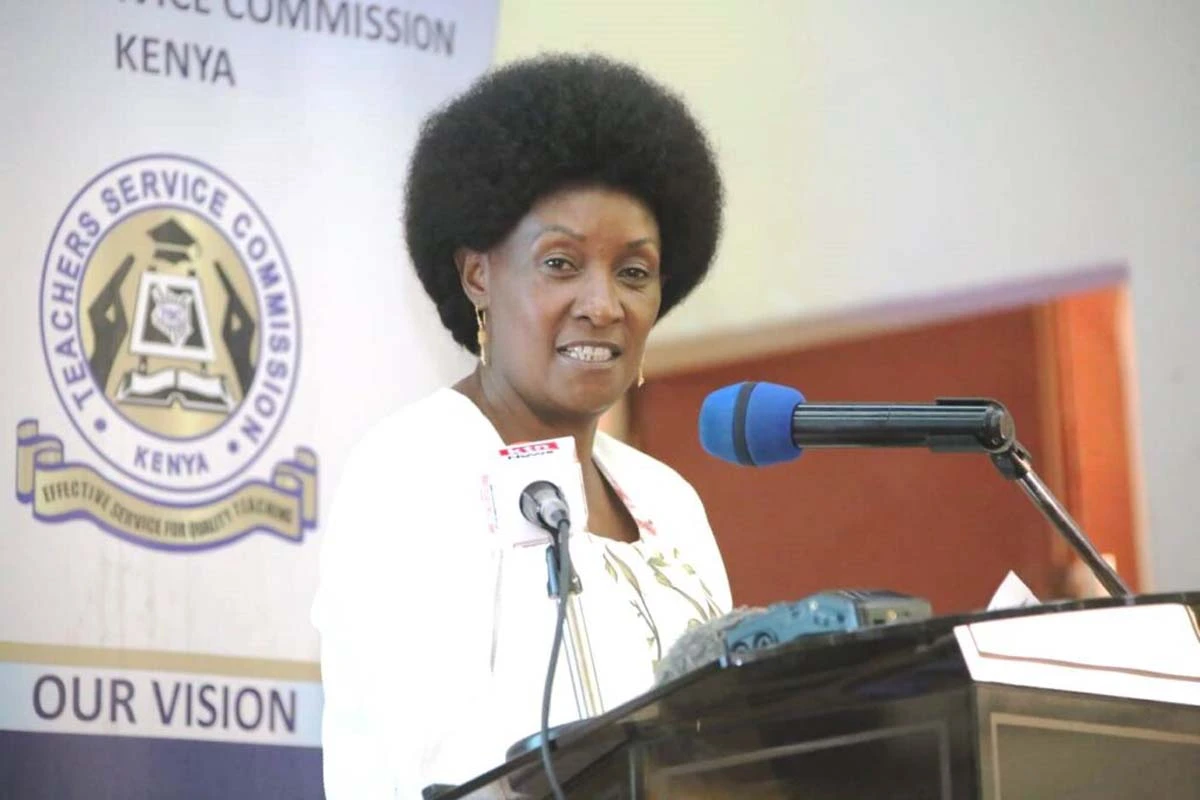In a recent address at Bondo Teachers College, Information, Communications, and the Digital Economy Cabinet Secretary (CS) Eliud Owalo urged teachers across the country to embrace technology not merely as an accessory to their careers but as a potent tool for fostering technological innovation within the education sector.
CS Owalo emphasized that education stands at the forefront of the ongoing digital revolution in the country. According to him, Teachers Training Colleges (TTIs) serve as the nexus of traditions and technological innovation, with educators playing a pivotal role in shaping minds for a future defined by knowledge, creativity, and technological prowess.
The digital landscape, as highlighted by CS Owalo, provides various platforms capable of revolutionizing the way teachers engage with students, impart knowledge, and cultivate a thirst for learning. Virtual classrooms, interactive learning applications, and collaborative online projects are just a few examples of how technology can infuse creativity and dynamism into the educational process.
CS Owalo, flanked by Bondo MP Dr. Gideon Ochanda and Siaya County Commissioner Julius Otieno, encouraged teachers and the education community to seamlessly integrate technology into their teaching methodologies. He emphasized that while technology enhances the learning experience, it should not replace the invaluable human connection at the heart of education.
Furthermore, CS Owalo called on teachers to instill values related to the responsible use of technology. Acknowledging the challenges within the technological space, he emphasized the importance of educators being guardians of integrity, empathy, and responsibility.
“In a world dominated by screens and interconnectedness, teaching digital ethics is as important as imparting traditional values,” noted CS Owalo.
Highlighting the potential of digital technology in education, the CS pointed out that it breaks barriers that previously limited teaching. Technology enables teachers to transcend geographic boundaries, providing equal opportunities for learners to access education regardless of their location. As the education sector continues to evolve, the integration of ICT into teaching methodologies becomes not only an opportunity but a necessity for fostering innovation and preparing students for the demands of the digital age.




